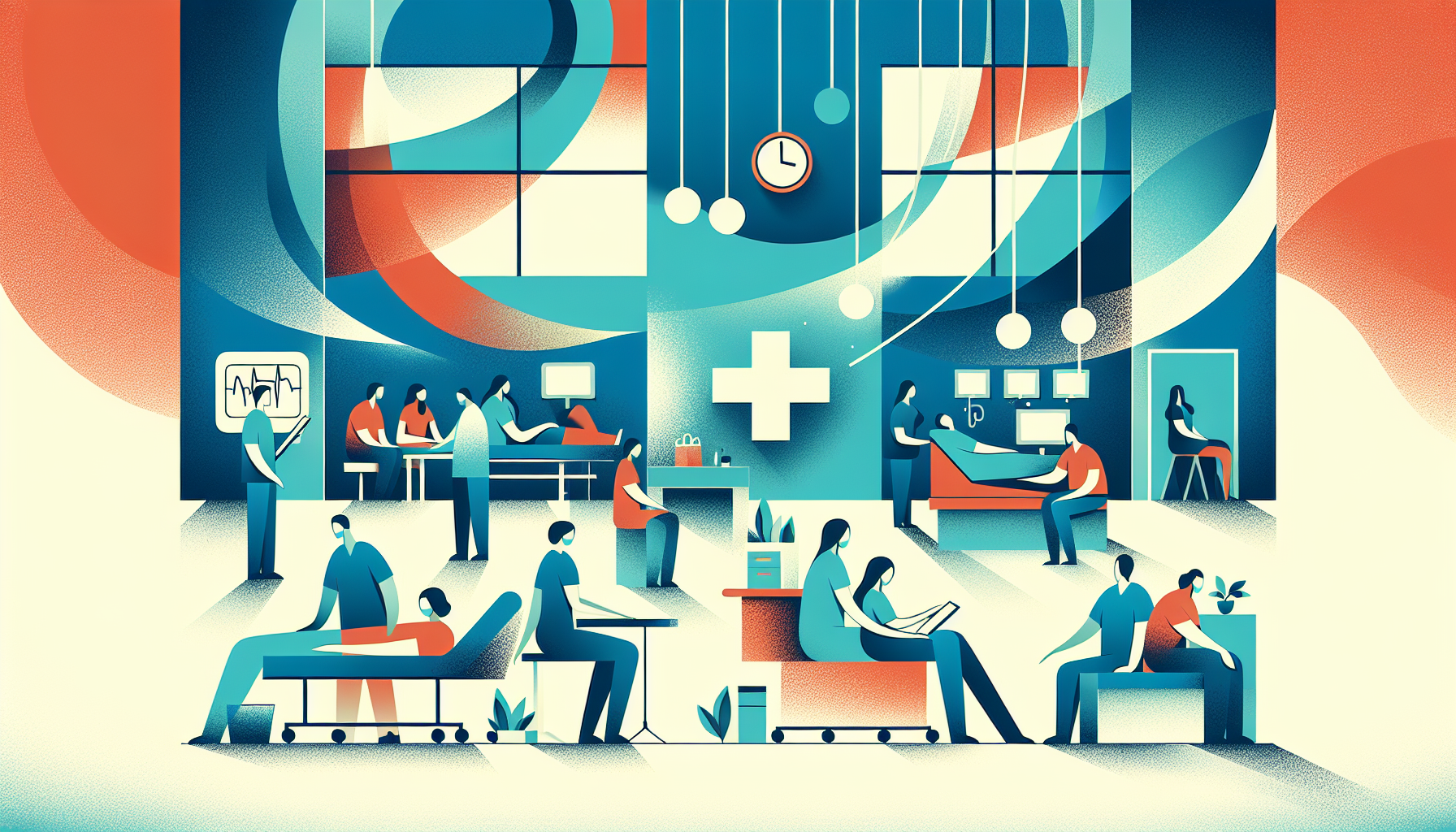Visiting the emergency department (ED) can be a stressful and confusing experience, especially if you're not familiar with the process. As an emergency medicine doctor, I want to help you understand what to expect and how to navigate your visit to the ED.
The Starting Line: Registration and Triage
When you arrive at the ED, the first step is to get registered and assessed by the triage nurse. They will ask you questions to determine how urgently you need to be seen and what tests or treatments may be necessary. This process can take some time, so be prepared to wait.
Communicating Your Concerns
Throughout your visit, you'll be asked to repeat your story several times to different members of the healthcare team. This is essential for ensuring that everyone has a clear understanding of your situation and can provide the best possible care. If you don't understand something, don't hesitate to ask for clarification or request a break if needed.
The Healthcare Team
In the ED, you'll encounter a variety of healthcare professionals, including:
Each member of the team plays a crucial role in your care, and they work together to ensure that you receive the most accurate diagnosis and appropriate treatment.
Why Waiting is Part of the Process
Waiting in the ED can be frustrating, but it's often necessary for several reasons:
Coordinating the healthcare team
Allowing residents and students to learn and develop clinical judgment
Providing time for additional information to surface that may help with diagnosis
While waiting is challenging, it's an essential part of the process that helps ensure you receive the best possible care.
The Importance of Teamwork
In the ED, teamwork is crucial. Each member of the healthcare team contributes to gathering information, comparing data, and identifying the correct diagnosis and treatment. By working together and repeating histories and exams, the team can close gaps and provide the most appropriate care for your specific situation.
Remember, the ED system, while not perfect, is designed to protect you from the impact of missed information and to train future healthcare professionals who will continue to provide high-quality care for years to come.
For more information on emergency care, visit:
The Bottom Line
Emergency departments operate on medical priority rather than first-come-first-served, so understanding the triage process and coming prepared can reduce stress during your visit. Focus on providing accurate, complete information to each healthcare team member you encounter. If you're unsure whether your symptoms warrant an ER visit, Doctronic can help you assess your situation and determine the most appropriate level of care.



